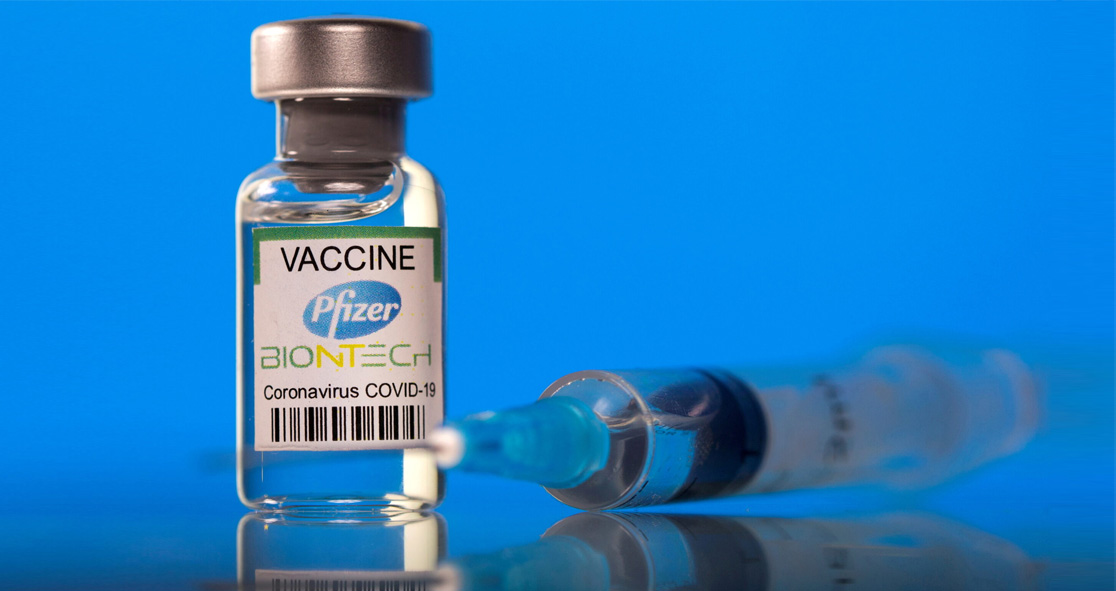A new study from Pfizer has found that its COVID vaccine’s efficacy waned after six months, although it remained highly effective against severe illness, according to NBC News.
While the efficacy of the Pfizer-BioNTech vaccine waned over six months, experts said the data still do not point to an immediate need for booster shots, per the news outlet.
The study, which is to be published, found that the vaccine was 97% effective at preventing severe COVID-19 illness for at least six months. However, the efficacy against any symptomatic illness fell from 96% to 84% in the same period.
Coordinating investigator of the study Dr. Stephen Thomas said, “I was generally encouraged by the results of the paper.”
Dr. Thomas, who is also the director of the SUNY Upstate Institute for Global Health & Translational Science in New York, said it was always expected that the vaccine’s efficacy was going to wane over time.
He said the big question was whether the protection would wane to a degree that would affect public health, specifically hospitalizations and deaths. And so far, that does not appear to be the case.
“Even though we saw that at six months there was a waning of protection,” Dr. Thomas explained, “there was a maintenance of protection against those severe outcomes that really make up the public health burden of the disease.”
Overall, the study found that the vaccine was 91% effective at preventing any COVID symptoms from mild to severe, over six months. Pfizer announced the finding in a news release in April.
The nation’s top vaccine researcher Dr. Paul Offit said he was “positively surprised” that the effectiveness was as high as it was for preventing symptoms. He said, “This data is all really encouraging and exactly what you’d expect.”
“You’re never going to be able to protect as well against asymptomatic infection or mildly symptomatic infection, and that’s OK,” Dr. Offit explained. “You just want to keep people out of the hospital and keep them from dying. That’s the goal.”
In the new study, the researchers looked at follow-up data gathered through March 13 on the over 44,000 people who participated in the Phase III clinical trial last year. The participants were divided into two groups – one received either two doses of the vaccine and the other a placebo three weeks apart.
Meanwhile, experts continue to consider whether a booster shot will be necessary.
Pfizer CEO Albert Bourla has previously said a booster dose would be needed in the coming months. However, federal health authorities said there is not enough evidence to say it is warranted.
On Wednesday, Pfizer said the third dose of its vaccine increased levels of antibodies specific to the Delta variant. The findings suggest better protection against the Delta variant, but more research is required.
Dr. Offit said the vaccine Pfizer-BioNTech vaccine remains highly effective at preventing severe illness and hospitalizations, but it is too early to definitively say booster doses will be required.
He said, “If the numbers climb to 5, 10, or 20% of people who are fully vaccinated and are still hospitalized or killed, then you can start thinking about a booster, but we’re not there yet.”
Dr. Thomas said more research is needed. He said, “I think [the study] says that there is a possibility that we may need booster doses if the protective efficacy of the vaccine continues to decline over time. But that to me is still an unanswered question.”























